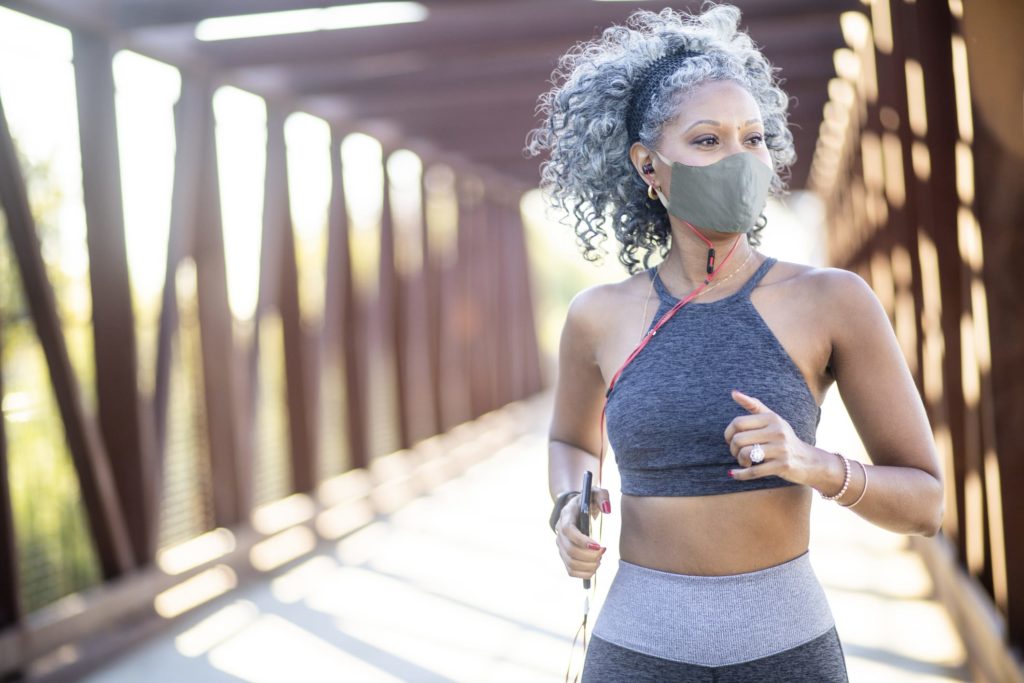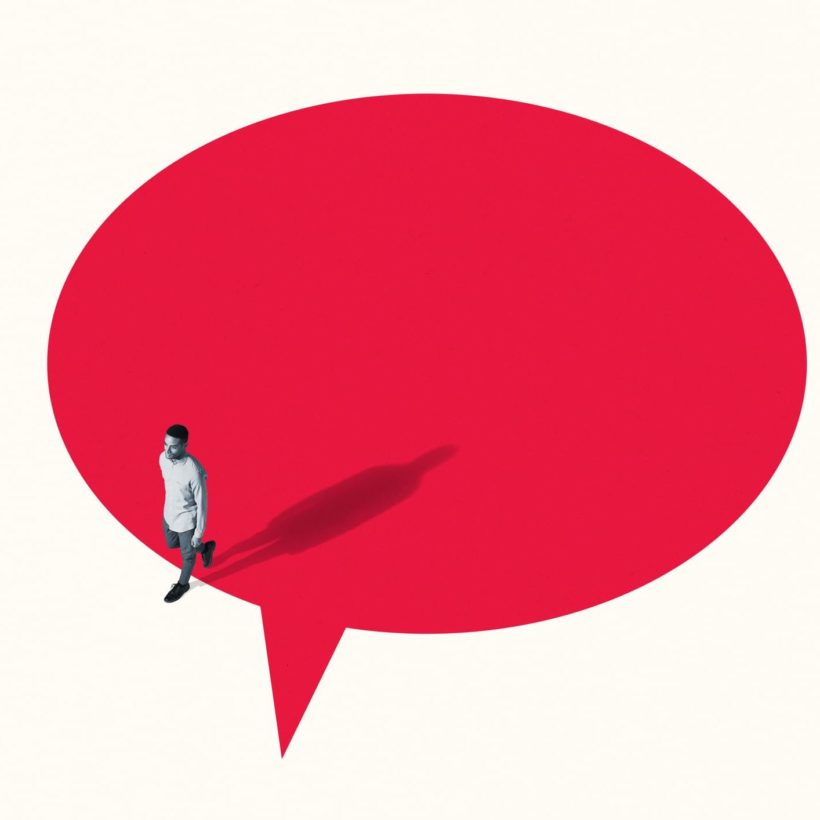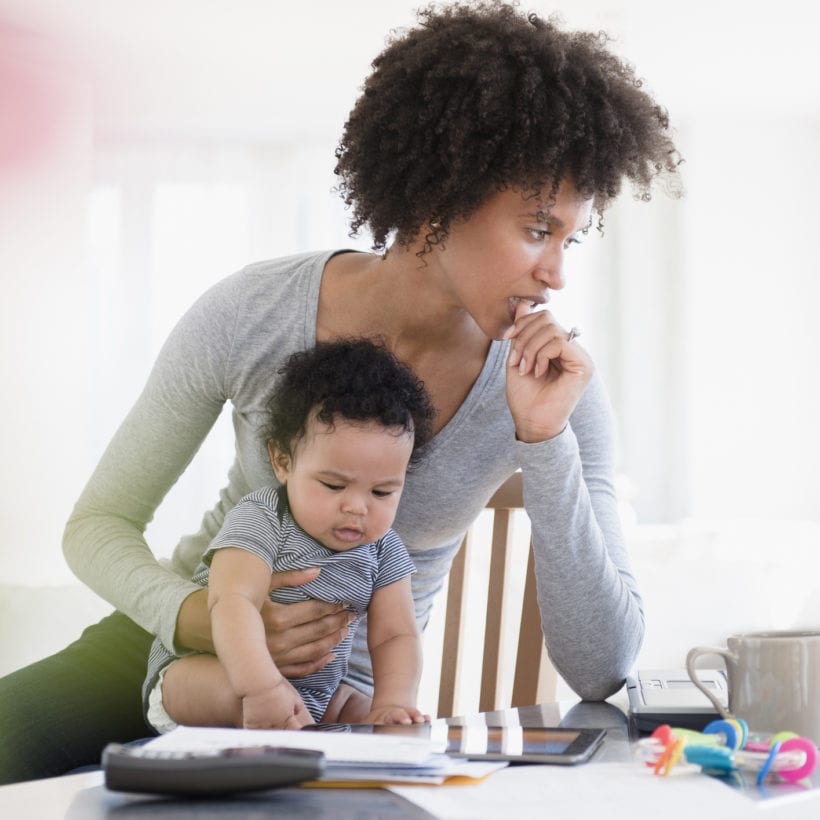The past year has been difficult, to say the very least. In a little over 365 days, many of us have witnessed (or directly experienced) a lifetime’s worth of trauma. Even if you and your loved ones are lucky enough to be coming out of the pandemic with your health, the impact of a global event like Coronavirus reaches far beyond the initial health implications.
As more and more people become vaccinated each day, it certainly seems like we can finally see the light at the end of the tunnel. But for many people, that doesn’t mean that the social impacts of the virus will be easily left behind. Most of us have been working from home for the last year, and with the impending return to the office across the country, perhaps you’re facing some anxious feelings about what that’s going to look like.
The first thing you should know is that, according to Pritikin Longevity Center psychologist Dr. Kristen Farrell Turner, these feelings are completely valid (and to be expected, given what the last year has looked like). “We have been through – and are still going through – a traumatic experience,” she says. “We don’t know how common it will be for people to feel anxious in-office, but it certainly will be understandable.” Ahead, Dr. Turner shares some common return-to-office scenarios that might harbor some anxiety, exactly why that is, and how to deal with it.
Anxieties Related to Returning to the Office
Just as it took some time and mental energy to get used to working from home at the start of the pandemic, it’s going to take some time to re-adjust to office life — particularly because there’s so much anxiety about what that will look like, says Dr. Turner. Whether you’re anxious because you’re unsure if your office will be properly socially distanced, because you’re going to the office for the first time after starting a job remotely, or because you can’t picture what office life will look like while wearing masks, the common denominator is that anxiety is stemming from whatever is unknown.
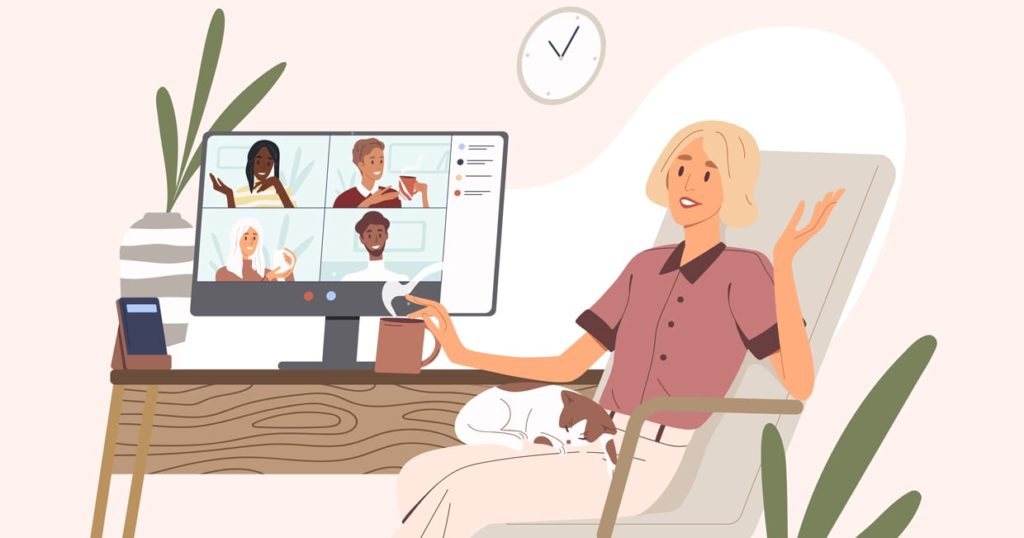
“Specific anxieties certainly could include driving/commuting and interacting with others face-to-face, especially getting used to doing so while wearing a mask,” says Dr. Turner. “Many people might be anxious about seeing others in-person due to changes in their physical appearance as well, such as weight gain or now ‘going gray,’ during the past year.” (Both of these factors are absolutely nothing to be ashamed of, by the way — weight gain and premature graying are both perfectly normal bodily responses to stress.)
“Re-establishing certain routines and habits could also be challenging and potentially elicit anxiety,” she continues. “And for others, while they’re perhaps excited to return to work, may still be grieving any of several losses, not only the death of a loved one but also other losses incurred during the past year, whether financial, social, educational or a general loss of a sense of security.”
How to Cope With Post-Pandemic Office Anxiety
-
Have Empathy Towards Yourself
The number one most important rule is to be patient with yourself and to give yourself the time and space you need to re-adjust.
According to Dr. Turner, the number one most important rule is to be patient with yourself and to give yourself the time and space you need to re-adjust. “Give your brain time to adjust; whenever we get used to anything – good or bad – we develop not only behavioral habits but also cognitive/thinking habits pertaining to the realities of our lives,” she says. “The mind doesn’t work like a light switch; it cannot simply be turned off,” she says. “Just as it takes time to develop habits and certain ways of thinking, it takes time to unlearn them too. So, if you’re sitting in a conference room with your colleagues and feel anxious, acknowledge that it makes sense for you to still feel that way. You are not wrong, abnormal, or ‘crazy’ for feeling this way or having the anxiety-laden thought that ‘the virus could be anywhere!’ Trying to fight or invalidate any feeling usually makes it worse.” When you feel this way, Dr. Turner recommends that you remind yourself that the vaccine works, and that masks work, and that these measures will prevent you from contracting the virus. Repeat this information to yourself, even if you need to say it out loud to yourself in the mirror.
-
Try Systematic Desensitization
According to Dr. Turner, one clinically proven way to decrease anxiety is to try a method called systematic desensitization, which is a fancy way of saying to slowly expose yourself to the thing (or environment) that triggers your anxiety.
“For example, if you are anxious about commuting to work, start small: Drive around your neighborhood or another familiar place, preferably at a low speed,” says Dr. Turner. “If you feel anxious while doing this, slow down your breathing, which will slow down the physiological anxiety response”.
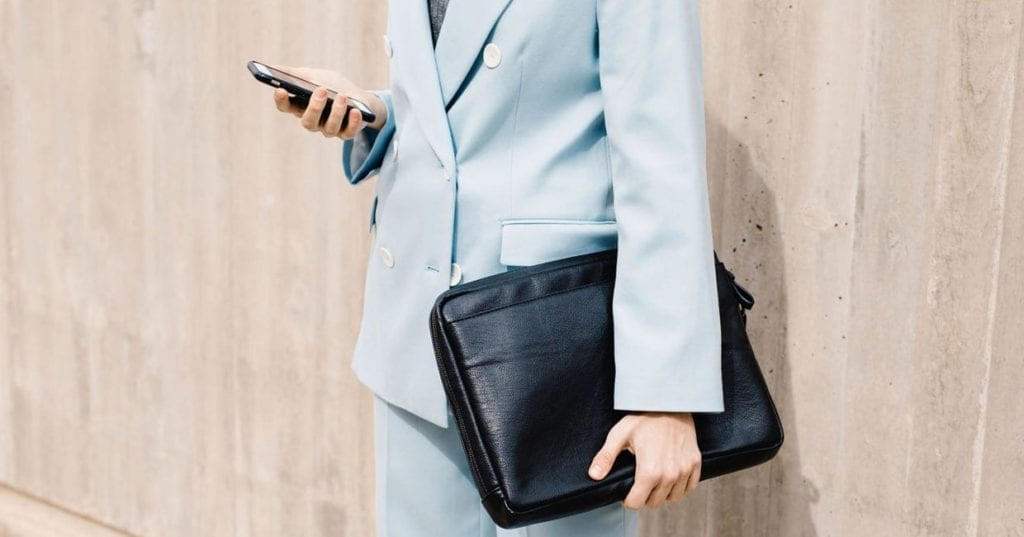
She continues, “As you are driving, notice – and even tell yourself out loud – that you made it another block, and another block, and another block, and so on, and you were fine, nothing bad happened.” Dr. Turner recommends applying the same principle to group gatherings or other office-related scenarios that you might be dreading. If you’re nervous about packing into a conference room, first try exposing yourself to a meeting with just one or two people you trust, then increase from there.
-
Communicate Openly About Your Needs
“Try to keep an open line of communication with your work supervisor and colleagues,” says Dr. Turner. “Every work atmosphere will be different, and some circumstances may not be in your control, but in general I encourage assertive communication.” She also notes that being assertive is respectful; it’s not about making demands, but rather about being transparent about what will make you feel more comfortable. For example, you could hang a sign at your desk that says ‘Please wear a mask when approaching my desk’ or send an email or verbal message to the people who work around you requesting that they maintain six feet of distance until you start to feel more comfortable.
-
Protect Your Work-Life Balance
A common work from home complaint is that the lines between work and life are blurred. Since most of us are working just inches away from our beds or in our living rooms and kitchens, it can be difficult to find a hard stop for the day. When it comes time to return to the office, you might be hyper-aware of others’ hours and may feel pressure to work later than others (or get to the office earlier) to “prove” yourself or make it seem like you’re excited to be back in the office (even if you’re not). This isn’t good for your mental health in the long run. Work the hours that are required of you and then end the day — there’s no productivity (both in work and for your mental health) in sitting at your desk solely for optics.
-
Nurture Your Body With What it Needs
“In general, a healthy lifestyle is a stress buffer,” says Dr. Turner. “Nourish your body (and brain) with healthy food and regular physical activity, preferably outside in daylight if possible, even if just for 15-20 minutes. Continue to connect to friends and family, even if still by phone or video. Limit or eliminate alcohol and other substances; seek professional help if needed. Give yourself screen-free time in the evening to wind down for bedtime, shooting for 7-8 hours of sleep.
“Improving your lifestyle not only induces several physiological changes throughout the body that help reduce stress but also can improve our self-efficacy,” she continues. “This can then make us feel ready and confident to tackle other areas of our lives.”

